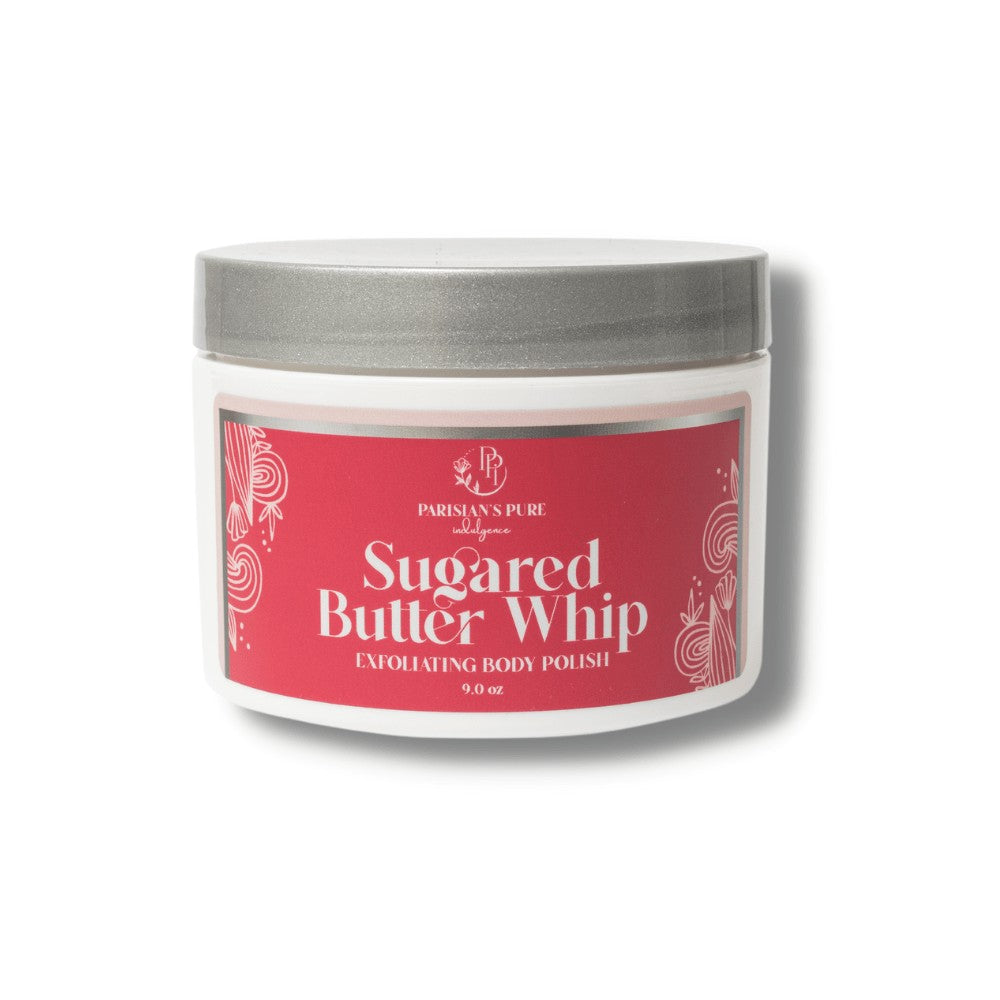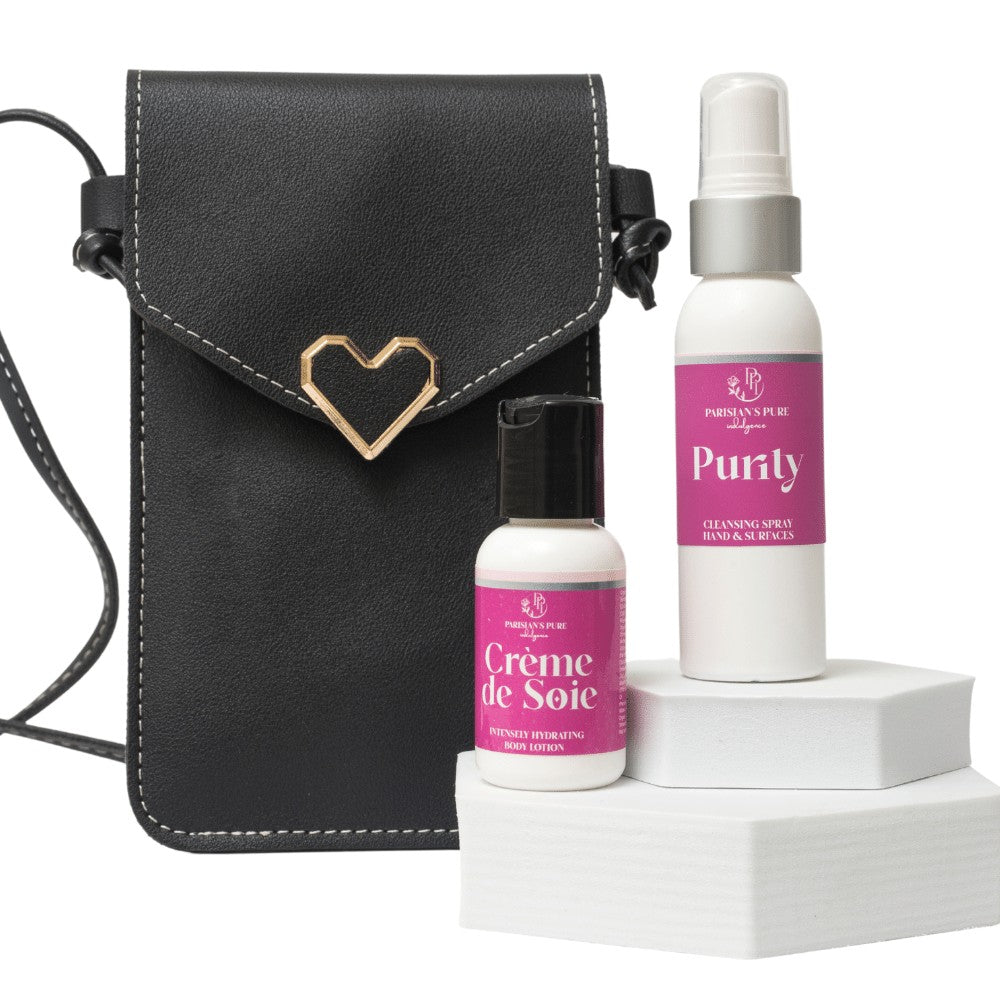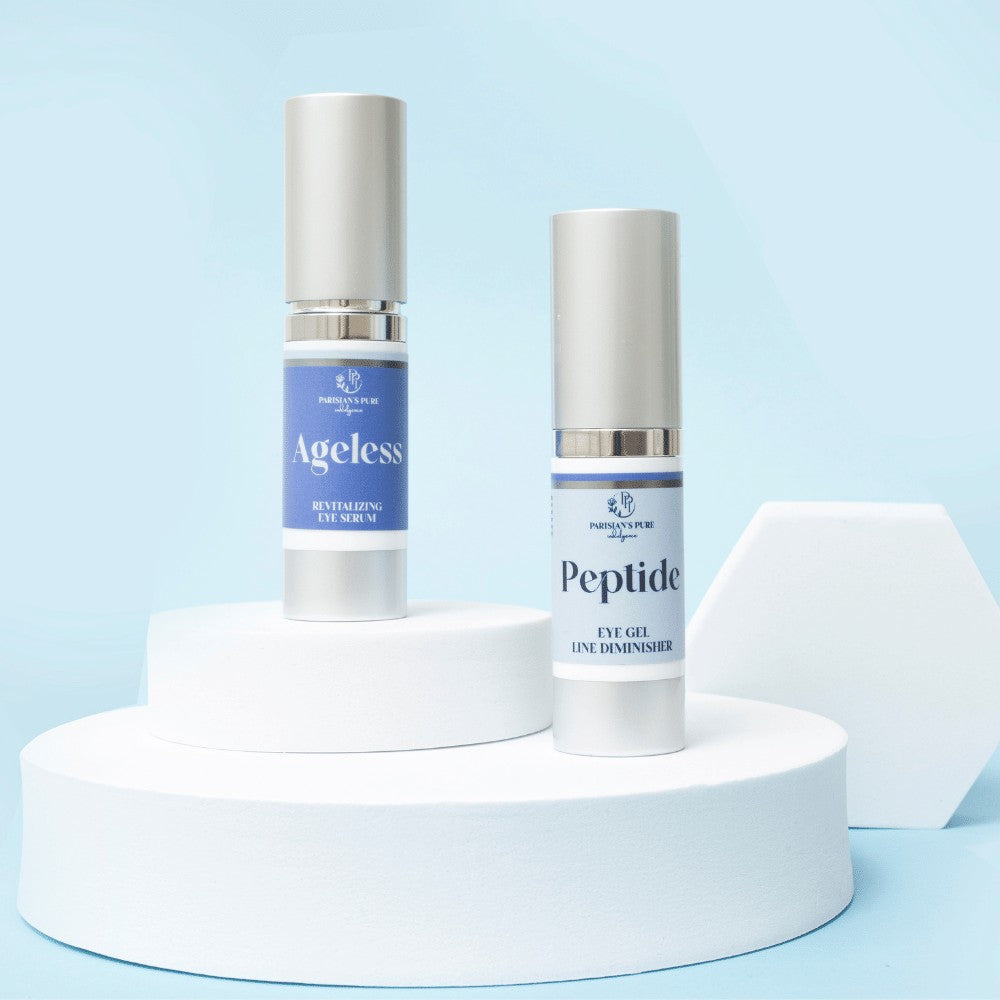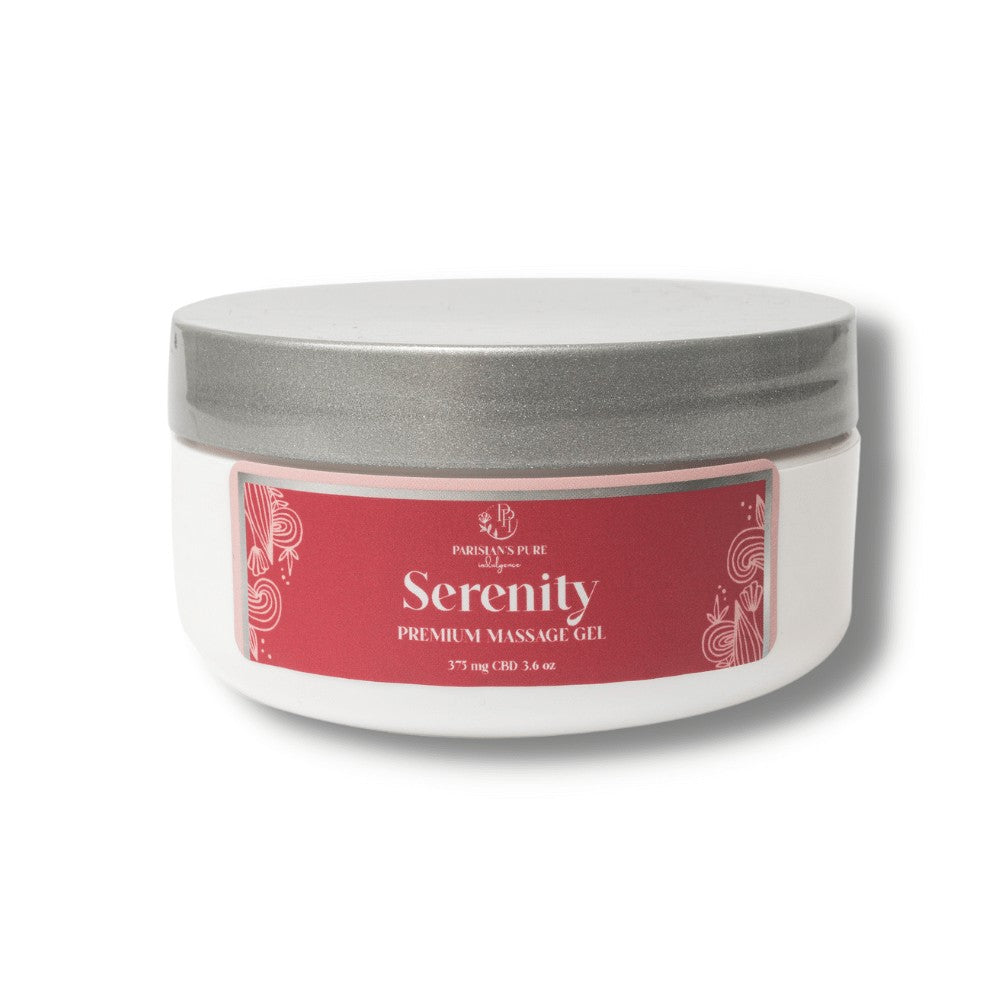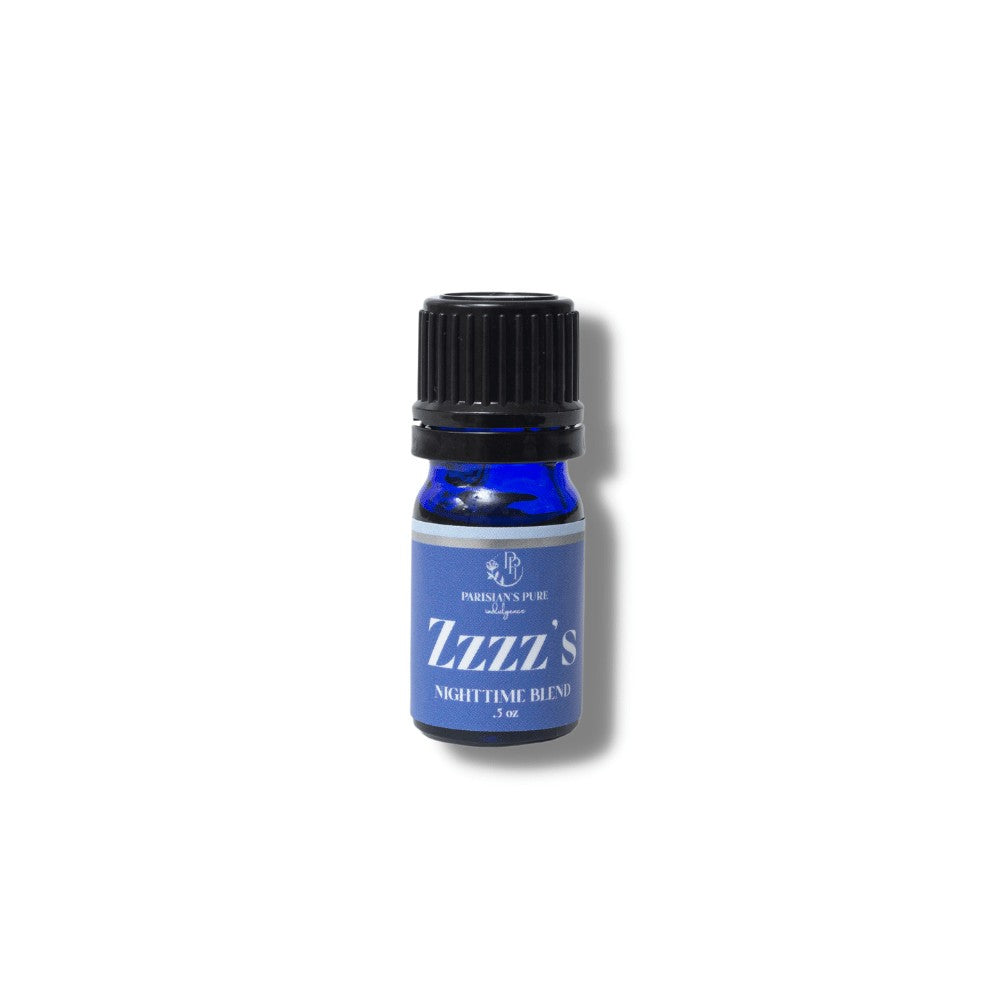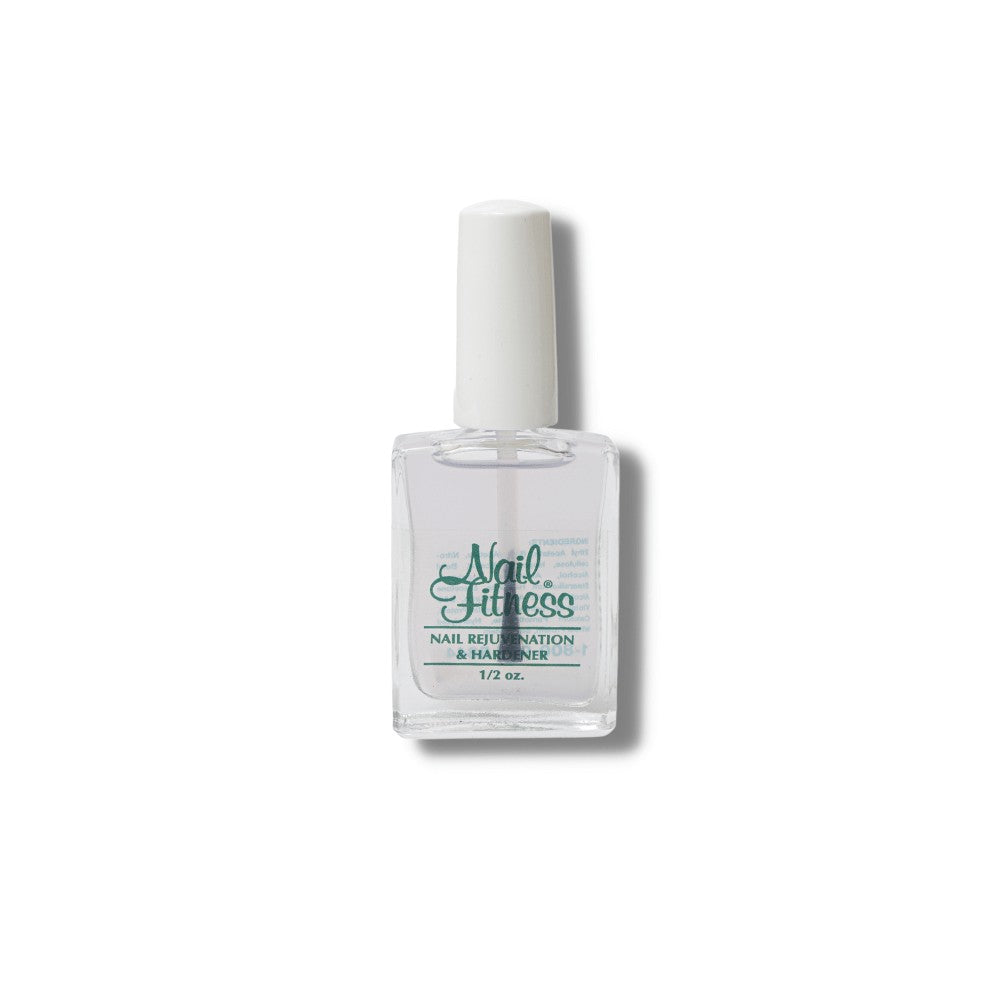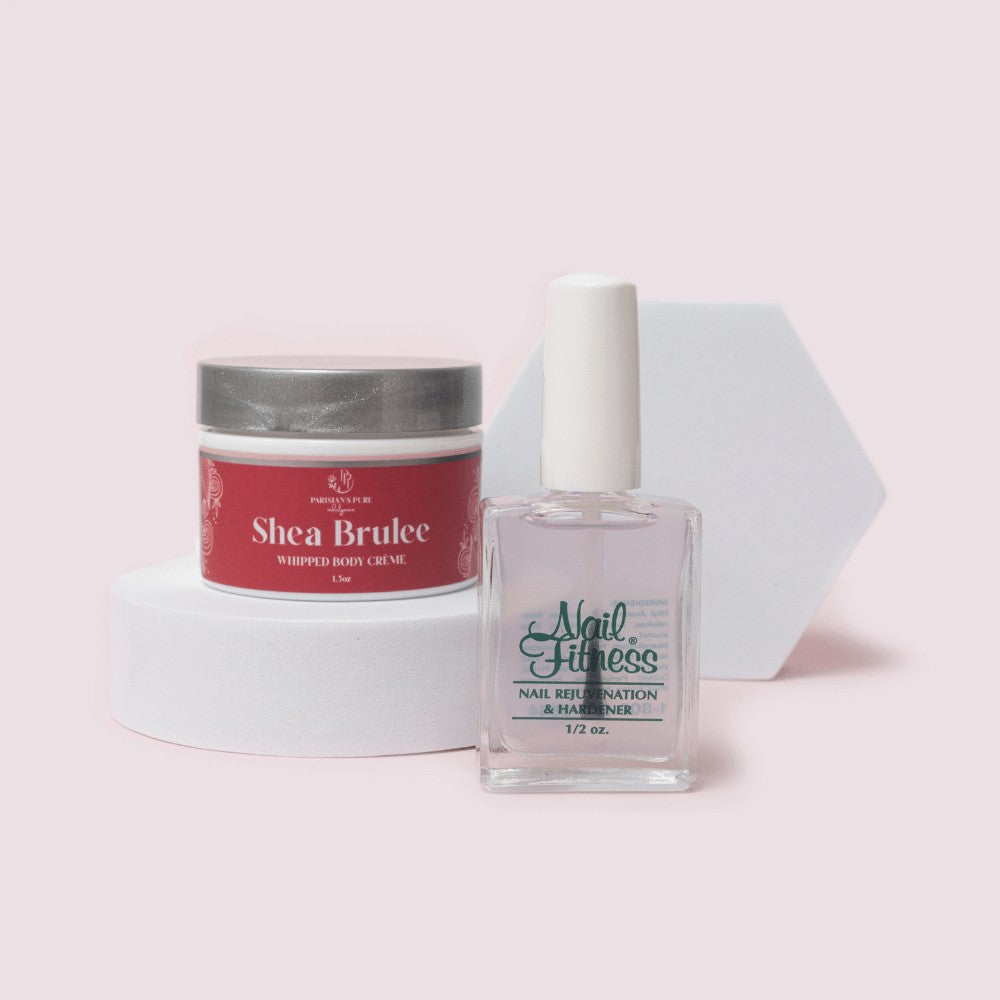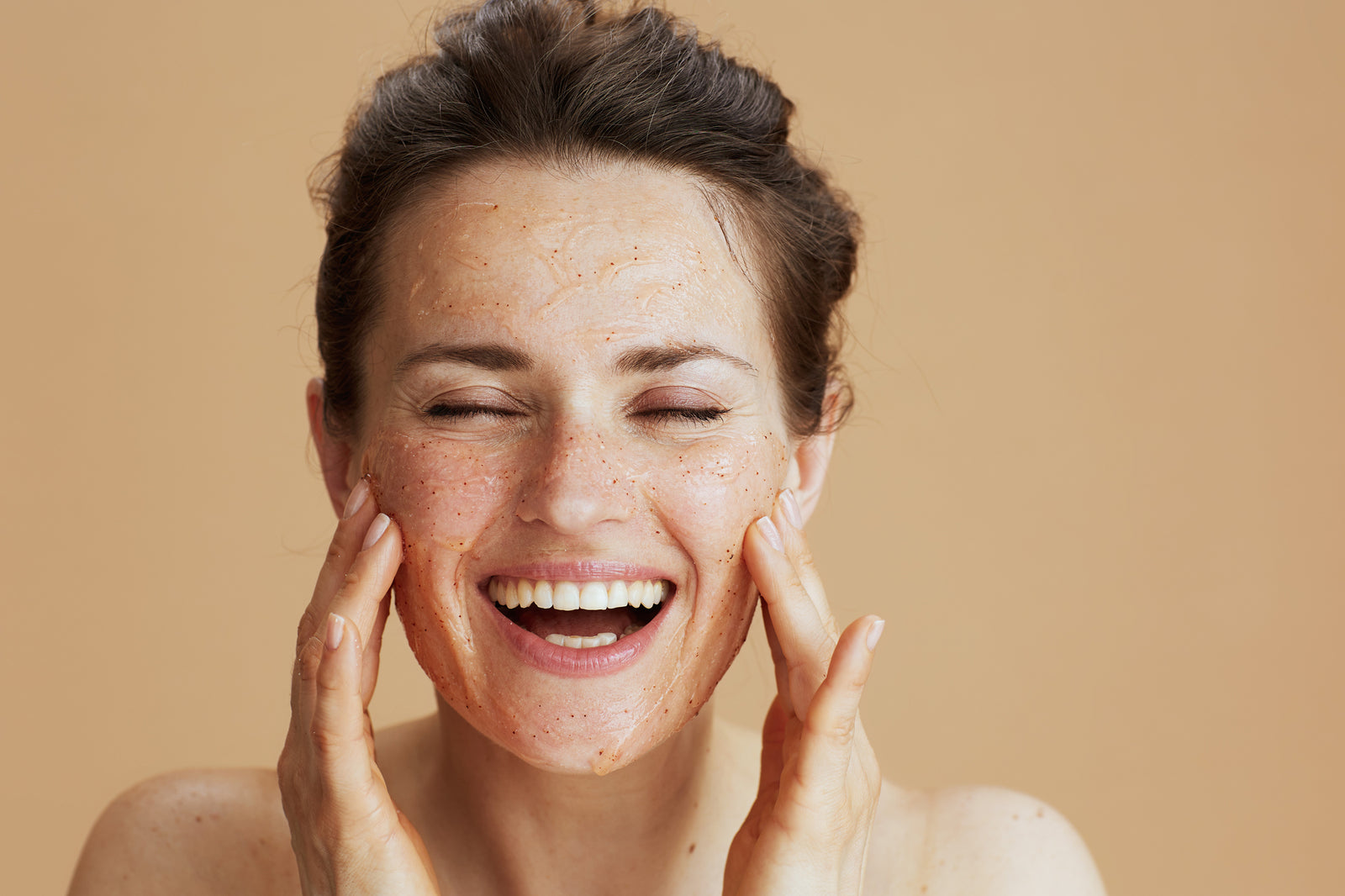Exfoliation: The Secret to Brighter & Younger-Looking Skin
What is Exfoliation?
Our skin naturally sheds dead skin cells every 30 days. However, sometimes these dead cells don't shed completely, which can lead to dry, flaky skin and clogged pores.
Our skin naturally sheds dead cells every 30 days, but sometimes they don’t shed completely, leading to dry, flaky skin and clogged pores. Exfoliation, the process of removing dead skin cells, is a crucial yet often overlooked step in skincare. According to the American Academy of Dermatology, exfoliation can brighten your skin and enhance the effectiveness of your skincare products.
Benefits of Exfoliation
You can exfoliate your skin in two main ways: physically and chemically.
Physical Exfoliation
Physical exfoliation uses a scrub or abrasive substance to manually remove dead skin cells. This can be done with a washcloth, brush, or a product containing beads or other sloughing agents.
Chemical Exfoliation
Chemical exfoliation uses acids to dissolve the "glue" holding dead skin cells together, allowing them to naturally slough away. Common chemical exfoliators include alpha hydroxy acids (AHAs) and beta hydroxy acids (BHAs).
AHAs are water-soluble acids that work on the skin's surface, often derived from fruits like sugarcane (glycolic acid) and milk (lactic acid). AHAs can improve the appearance of wrinkles, age spots, and sun damage, helping you look younger.

Want glowing skin? Our Renew Micro Polish is a customer favorite for a reason! It combines physical and chemical exfoliation to clear away dullness and promote a radiant complexion.
4 Reasons to Exfoliate
- Reduce Breakouts: Exfoliation helps prevent acne and blackhead breakouts by clearing away dead skin cells that clog pores and hair follicles. This reduces excess oil production, which can lead to blemishes.
- Smaller-Looking Pores: Exfoliating removes dirt and dead cells deep inside your pores. Clogged pores appear larger, so keeping them clean makes them look smaller and gives your skin a healthy glow.
- Reduce Wrinkles: As we age, our skin becomes drier and loses elasticity, leading to fine lines and wrinkles. Exfoliating removes layers of dead skin cells, restoring a smoother, more radiant look to mature skin.
-
Better Absorption of Serums and Moisturizers: Exfoliated skin allows for better absorption of active ingredients in serums and moisturizers because there are no layers of dead cells blocking your pores. This leads to better hydration and smoother makeup application.

How often should you exfoliate?
Knowing how often to exfoliate depends on your skin type:
Sensitive Skin: Once or twice a week.
Normal Skin: Two to three times a week.
Oily Skin: Three to four times a week.
Additional benefits of exfoliation include fading age spots, stimulating blood circulation, and enhancing skin texture and radiance.
Exfoliation is a powerful yet often overlooked step in your skincare routine. By removing dead skin cells, you can achieve a smoother, brighter, and more youthful complexion.
Adding the practice of exfoliation into your routine can make a significant difference to your skin’s appearance. Start today!

